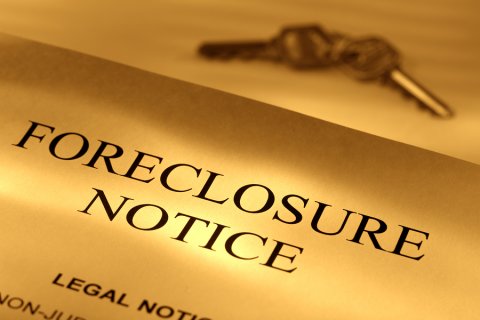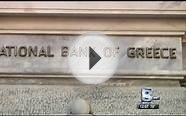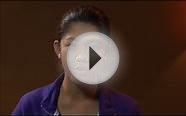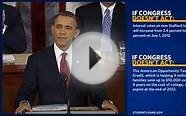
If you don’t make your loan payments, you risk going into default. Defaulting on your loan has serious consequences. Your school, the financial institution that made or owns your loan, your loan guarantor, and the federal government all can take action to recover the money you owe. Understand how missing a loan payment can be a problem, what default means and the consequences of default, and what you need to do if your loan is in default or if you think the default on your loan is an error. After reading this information, you may want to review Avoiding Default or Getting Out of Default.
What is default?
To default means you failed to make your payments on your student loan as scheduled according to the terms of your promissory note, the binding legal document you signed at the time you took out your loan.
How is missing a payment a problem?
Your loan becomes delinquent the first day after you miss a payment. The delinquency will continue until all payments are made to bring your loan current. Loan servicers report all delinquencies of at least 90 days to the three major credit bureaus. A negative credit rating may make it difficult for you to borrow money to buy a car or a house (you will be charged much higher interest rates). You also may have trouble
- signing up for utilities,
- getting home owner's insurance,
- getting a cellphone plan, or
- getting approval to rent an apartment (credit checks usually are required for renters).
How do I avoid default?
If you are having trouble making payments on a loan from the William D. Ford Federal Direct Loan Program or the Federal Family Education Loan (FFEL) Program, immediately contact your loan servicer, the agency that handles the billing and other services for your loan.
If you are having trouble making payments on your Federal Perkins Loan, immediately contact the school where you received your loan.
If I don’t make my loan payments, when is my loan considered to be in default?
If you repay your loan
- monthly, default occurs when you fail to make a payment for 270 days.
- less than once a month, default occurs when you fail to make a payment for 330 days (this applies only to FFEL Program loans).
What should I do if my loan is in default?
If you have defaulted on any of your federal student loans, take the following steps:
- Contact the agency that is billing you.
- Always stay in touch with your lender, loan servicer, or collection agency.
Interesting facts
Additional information







 In finance, default occurs when a debtor has not met his or her legal obligations according to the debt contract, e.g. has not made a scheduled payment, or has violated a loan covenant (condition) of the debt contract. A default is the failure to pay back a loan. Default may occur if the debtor is either unwilling or unable to pay his or her...
In finance, default occurs when a debtor has not met his or her legal obligations according to the debt contract, e.g. has not made a scheduled payment, or has violated a loan covenant (condition) of the debt contract. A default is the failure to pay back a loan. Default may occur if the debtor is either unwilling or unable to pay his or her...







